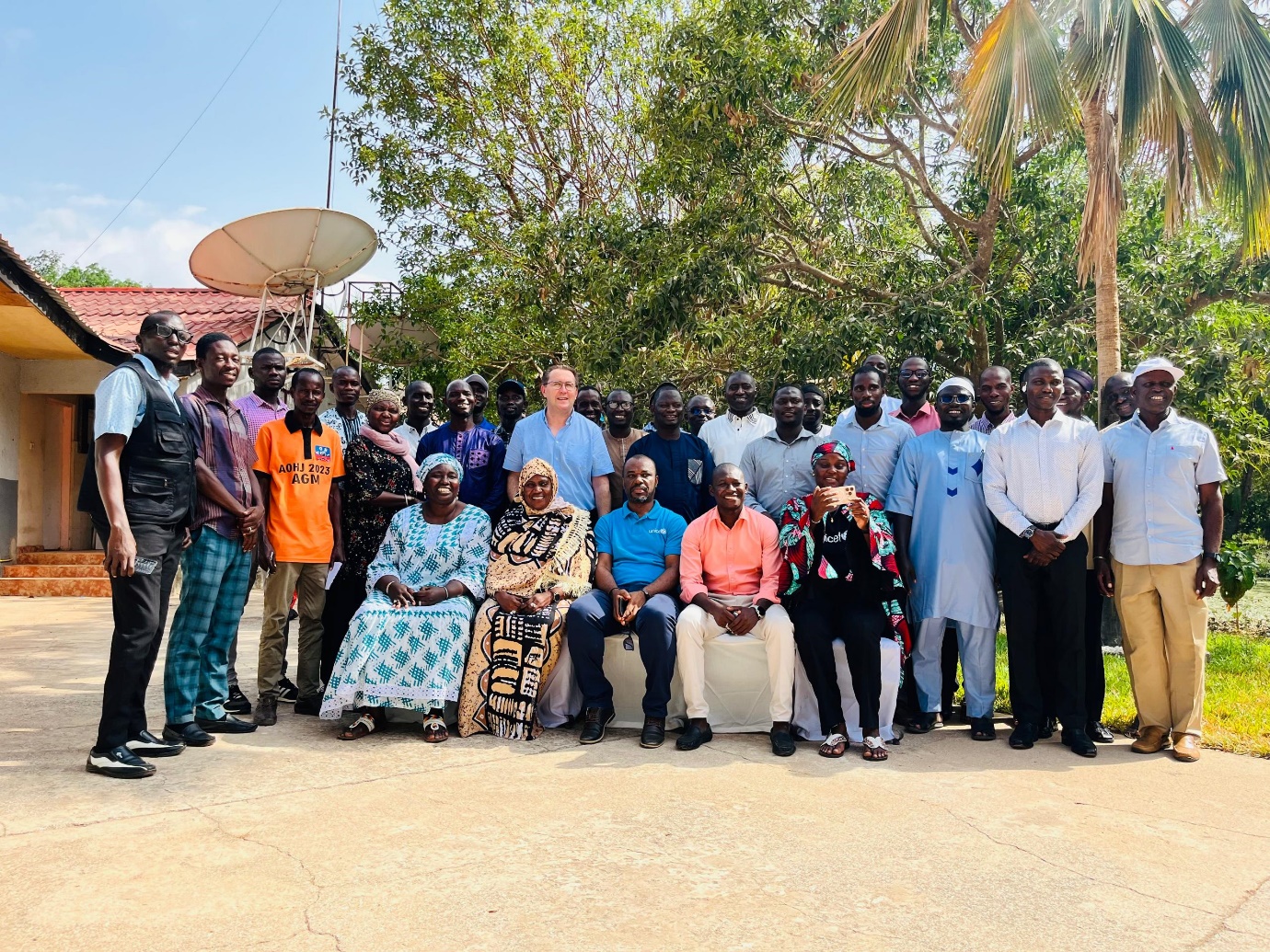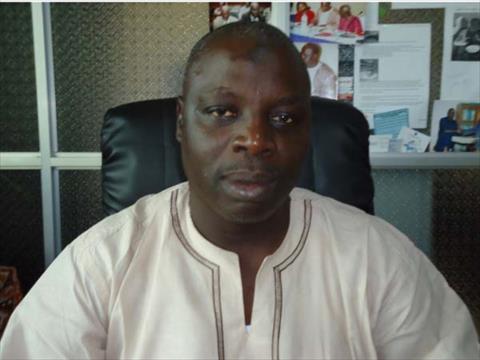By: Salifu .M. Touray
A four-day stakeholder workshop on the Risk-Informed Water, Sanitation, and Hygiene Bottleneck Analysis Tool (RI-WASHBAT) has concluded at the Sindola Safari Lodge in Kanilai, West Coast Region.
Organized by the Ministry of Health’s Water, Sanitation, and Hygiene (WASH) Unit under the Directorate of Public Health Services, the event was held in collaboration with the Swedish Environment Institute (IVL) and funded by UNICEF.
The workshop focused on five thematic areas: WASH in Schools, Sanitation and Hygiene, Rural and Urban Water Supply, WASH in Healthcare Facilities, and Climate Change. Participants included representatives from the Ministry of Health, civil society organizations, the University of The Gambia, the National Disaster Management Agency, PURA, and other key stakeholders.
According to health officials, the WASH bottleneck analysis aims to systematically identify factors impeding the achievement of sustainable service delivery across national and subnational WASH targets. The ultimate goal is to enhance the efficiency of the WASH sector and optimize the use of resources to achieve equitable and sustainable outcomes.
Ivan Draganic, the lead consultant for the process, said the workshop reaffirmed The Gambia’s commitment to delivering safe and sustainable WASH services. He noted that the forum marked a significant milestone in the country’s WASH journey—one rooted in evidence, collaboration, and a shared determination to provide safe water and sanitation for all, despite growing climate challenges.
Over the course of the workshop, participants conducted an in-depth analysis of sector performance, governance structures, and climate-related vulnerabilities. The outcome is expected to strengthen the resilience, equity, and sustainability of WASH services in the country.
further revealed that the recommendations developed during the RI-WASHBAT process will inform the national WASH strategy and serve as a key input for The Gambia’s first Joint Sector Review in 2025. These findings will also help guide future investments aimed at closing service gaps and building long-term resilience.
Lamin Fadera, Program Manager of the WASH Unit, expressed gratitude to UNICEF for its continued technical and financial support. He emphasized that the RI-WASHBAT initiative forms part of a broader developmental process aimed at producing a strategic document to be used as an advocacy tool for improving and sustaining WASH sector outcomes in The Gambia.
Fadera encouraged participants to continue refining the working document, underscoring the importance of ensuring it serves the intended purpose of the workshop.
Abdou Karim Darboe, Regional Principal Public Health Officer for the Western Two Health Region and host of the event, commended participants for their dedication and commitment throughout the four-day gathering.
In his closing remarks, Armand Gnahore, UNICEF Deputy Representative, described the event as highly significant. He urged participants to focus on actionable outcomes that would have real impact and contribute meaningfully to the advancement of WASH services in the country.





